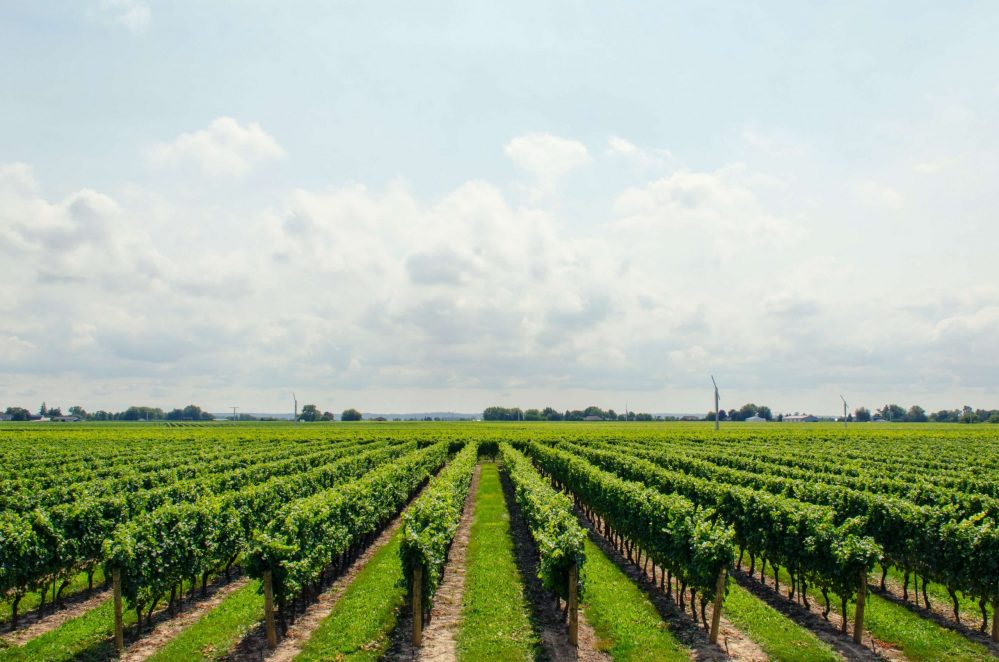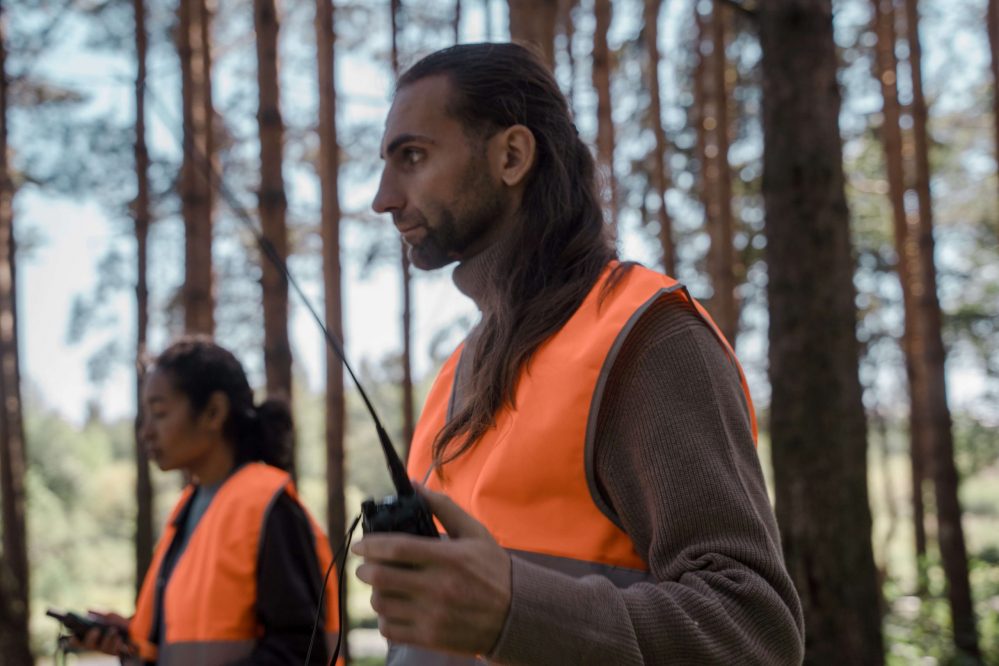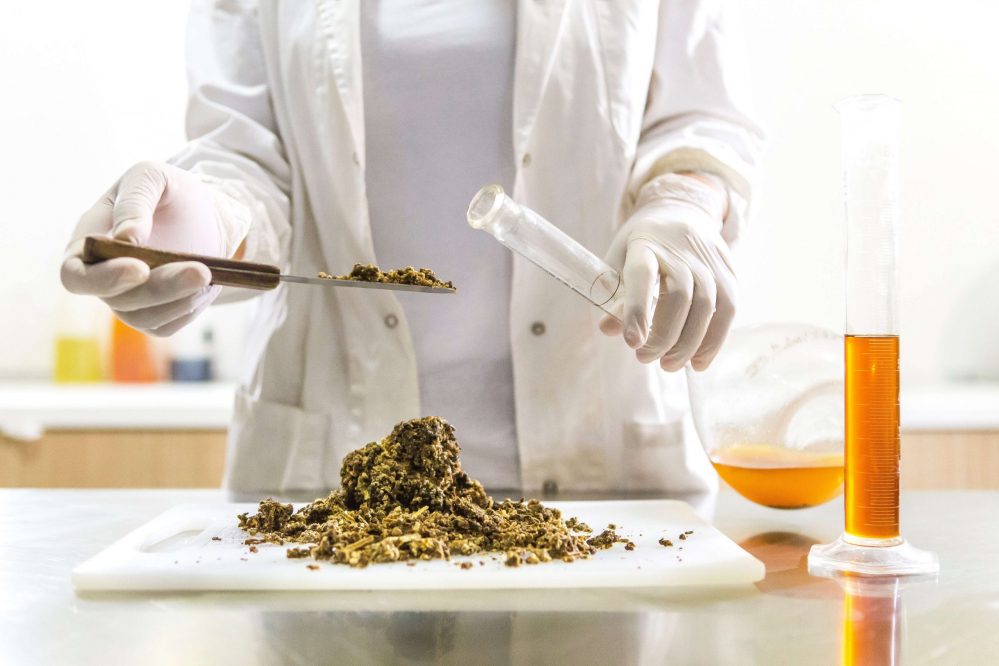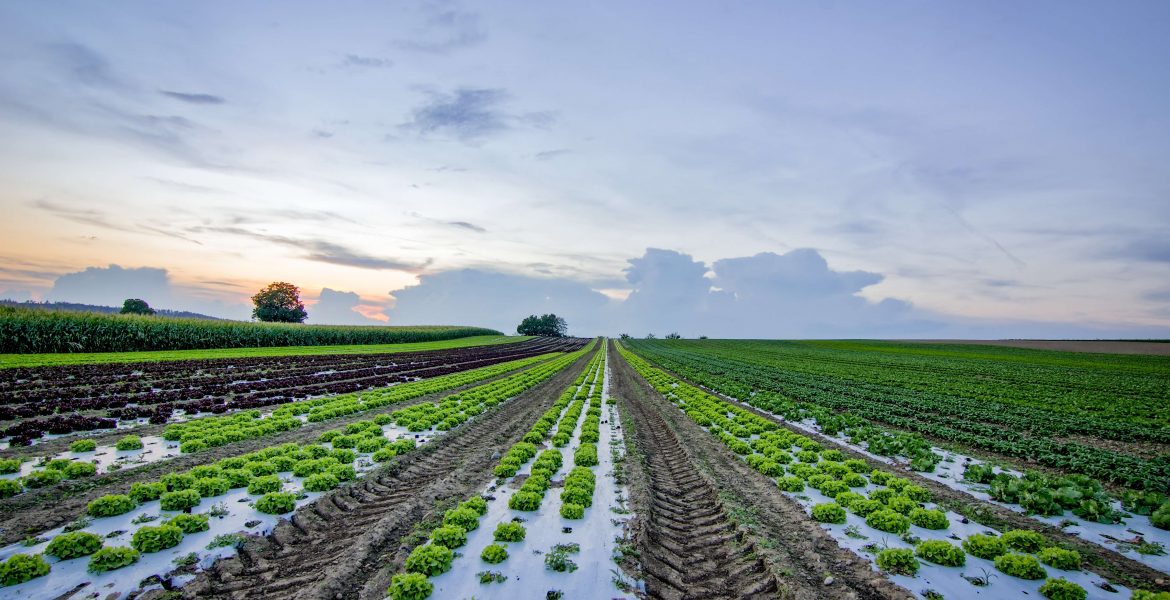Most people would think that pursuing a career in agriculture is old-fashioned. Still, you’d be surprised to know of agriculture’s incredible and high-paying job opportunities. This industry is constantly evolving and needs new workers, so you might be just what they’re looking for. But what can you do with an agriculture degree? Read on to find out.
What Is Agriculture?
Agriculture is a science of farming, and it involves growing crops, cultivating the land, and raising animals. This science has been around for thousands of years, but agriculture has transformed human civilization thanks to modern farming innovations and technologies.
Why Should You Work in Agriculture?
 If you’re wondering whether agriculture is a good career choice, the answer is absolutely yes! There are many benefits to working in agriculture because of its variety of career options. One of the biggest reasons for working in this field is that it’s not limited to rural areas only, and the demand is always great.
If you’re wondering whether agriculture is a good career choice, the answer is absolutely yes! There are many benefits to working in agriculture because of its variety of career options. One of the biggest reasons for working in this field is that it’s not limited to rural areas only, and the demand is always great.
Competitive salary
The current agriculture job market lacks finding determined people who are willing to work, so this shortage has forced employers to keep their salaries competitive. Each wants to attract the best candidates and retain its top employees, and as a result, you can find better offers for the same job.
A growing industry
You’d be amazed at how fast the agriculture industry is growing. This increase leads to a higher demand for high-quality candidates. Plus, college graduates are more likely to find work quickly and discover the area that best suits them because the job market in agriculture is blooming.
Wide range of opportunities
If there’s an industry with various career options, that’s agriculture. The opportunities are endless, from an agricultural consultant and equipment operator to food safety and marketing. Some other jobs that you can get with an agriculture degree include:
- Estates manager
- Plant breeder/geneticist
- Soil scientist
- Amenity horticulturist
- Sales executive
- IT
What Can You Do With An Agriculture Degree
The list of jobs you can pursue with an agriculture degree can go up to forty careers, and if this isn’t enough to show you that this field is increasingly growing, then we don’t know what is.
It’s no surprise that most agriculture job positions deal with management and business because the product doesn’t grow and sell itself. A degree in agriculture will prepare you for a wide variety of careers. Still, it will also equip you with all necessary skills, such as time management, critical thinking skills, communication skills, and technological literacy.
To compare, here’s a list of the top 7 career opportunities and their salaries:
Forester
 A forester specializes in forests and offers assistance in forestry, hence the name. This career alone has many roles you can take on, such as determining the harvested wood’s costs or working on commercial aspects of forestry. At the same time, a forester can also work to protect wildlife habitats and develop new ways to stimulate new forest growth.
A forester specializes in forests and offers assistance in forestry, hence the name. This career alone has many roles you can take on, such as determining the harvested wood’s costs or working on commercial aspects of forestry. At the same time, a forester can also work to protect wildlife habitats and develop new ways to stimulate new forest growth.
Being a forester is challenging because it can be physically demanding, and they have to work through all types of weather, sometimes walking through dangerous woods.
Salary
Considering all the hazardous conditions that foresters go through, it’s only natural that they get paid decent money. The average salary for a forester in Switzerland is 91,044 CHF, around 44 CHF per hour, plus an average bonus of 1,803 CHF.
Water Treatment Specialist
Water is the source of life, but it can often be dangerous in many places because of the deadly bacteria it contains. That’s where water treatment specialists come to help ensure that water is purified. These specialists have many tasks. First, they need to install and keep an eye on water purification equipment and ensure that purification is clean and working. They also ensure that clean water is stored correctly for easier access.
Salary
A water treatment specialist’s hard work gets paid off with a good amount of money. A person working as a water specialist in Switzerland earns an average of 102,000 CHF per year. The lowest salary ranges from 46,700 CHF to 162,000 CHF, the highest.
Food technologist
 Working in agriculture doesn’t necessarily mean you have to get your hands dirty; sometimes, you can work in a factory. For example, the food products you see on the market shelves are there because a food technologist approved them.
Working in agriculture doesn’t necessarily mean you have to get your hands dirty; sometimes, you can work in a factory. For example, the food products you see on the market shelves are there because a food technologist approved them.
As a food technologist, some of your primary responsibilities are to:
- Ensure that food products are safe to consume
- Modify existing products and create new ones
- Research current technologies and consumer markets to come up with new product concepts
- Run trials of new products
- Check and approve product labeling
- Ensure that products are profitable
Salary
A food technologist’s salary is quite profitable since they deal with many health-related food issues. As a result, their average annual salary is 81,389 CHF.
Water Resources Engineer
You’re probably wondering what a water resource engineer has to do with agriculture. Well, within this industry, there’s also agricultural engineering. In this case, a water resource engineer helps examine areas that are at risk from pesticides or fertilizers. They also contribute to the design of bridges to avoid the blockage of water in cases of a flood.
Additionally, they have to:
- Design drainage systems
- Plan sewage systems
- Asses the area of landfill sites that risk the water supply
Salary
An engineer gets paid well, but what about a water resource engineer? According to salaryexpert.com, the average gross salary of a water resources engineer is 89,795 CHF, which is equivalent to 43 CHF per hour.
Environmental Scientist
The science sector in agriculture provides food quality, safety, and technology solutions, and an environmental scientist is no exception. These scientists analyze data, assess potential ecological threats, discover patterns, or develop strategies to control and prevent environmental issues.
Salary
It’s no surprise that scientists earn a lot of money. Similarly, environmental scientists earn an average of 207,000 CHF, which is equivalent to 17,300 CHF per month.
Ecologist
The ecology and ecosystems have a significant impact on crops. In agriculture, ecologists’ primary duty is to study environmental issues, determine what caused them, and how to improve them. Moreover, they also try to educate people on how to protect animals and species of plants where they live.
Salary
An ecologist in Switzerland earns an average of 97,777 CHF per year, the lowest salary ranging from 67,800 CHF to 130,000 CHF, the highest.
Biostatistician
 Biostatistics is a branch of statistics that collects and examines data on living things. Biostatisticians collect these data, conduct biomedical experiments, help design and execute research studies, etc.
Biostatistics is a branch of statistics that collects and examines data on living things. Biostatisticians collect these data, conduct biomedical experiments, help design and execute research studies, etc.
So, where does agriculture fit here? A biostatistician’s core subject is sample surveys that deal with the area’s evaluation procedures in different crop yields and crop production. Also, surveys used seeds, fertilizers, insecticides/pesticides, and the supply and demand of other inputs.
Salary
Based on experience and skills, a biostatistician earns approximately 153,070 CHF per year, including bonuses.
Wrapping Up
Finding a career in agriculture isn’t challenging if you have goals and ambitions. The opportunities are limitless! However, with so many career paths, it can be difficult to know where to start, but with the agriculture industry growing each day and more, you can choose to work in an office or field environment.
By becoming part of this industry, you’re also making a change in the community and world by making farming more eco-friendly and efficient. So, start your journey by checking some of the best universities in Switzerland.


